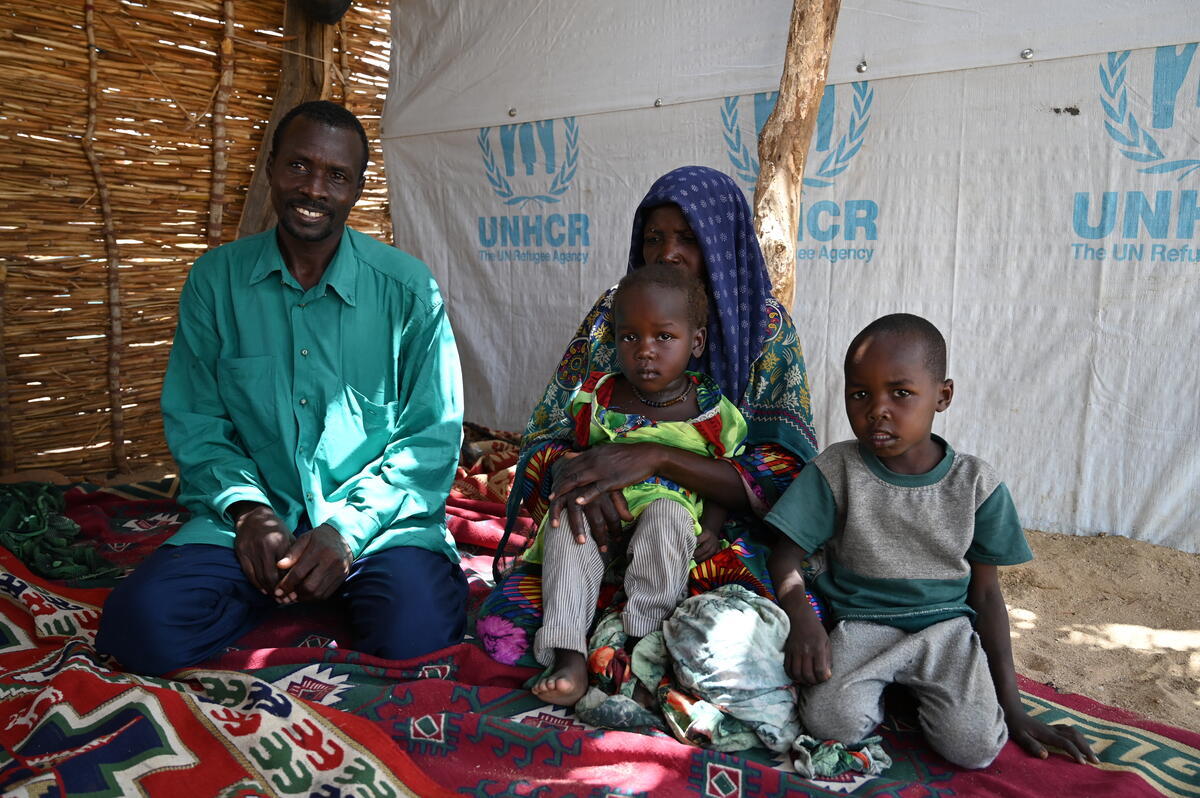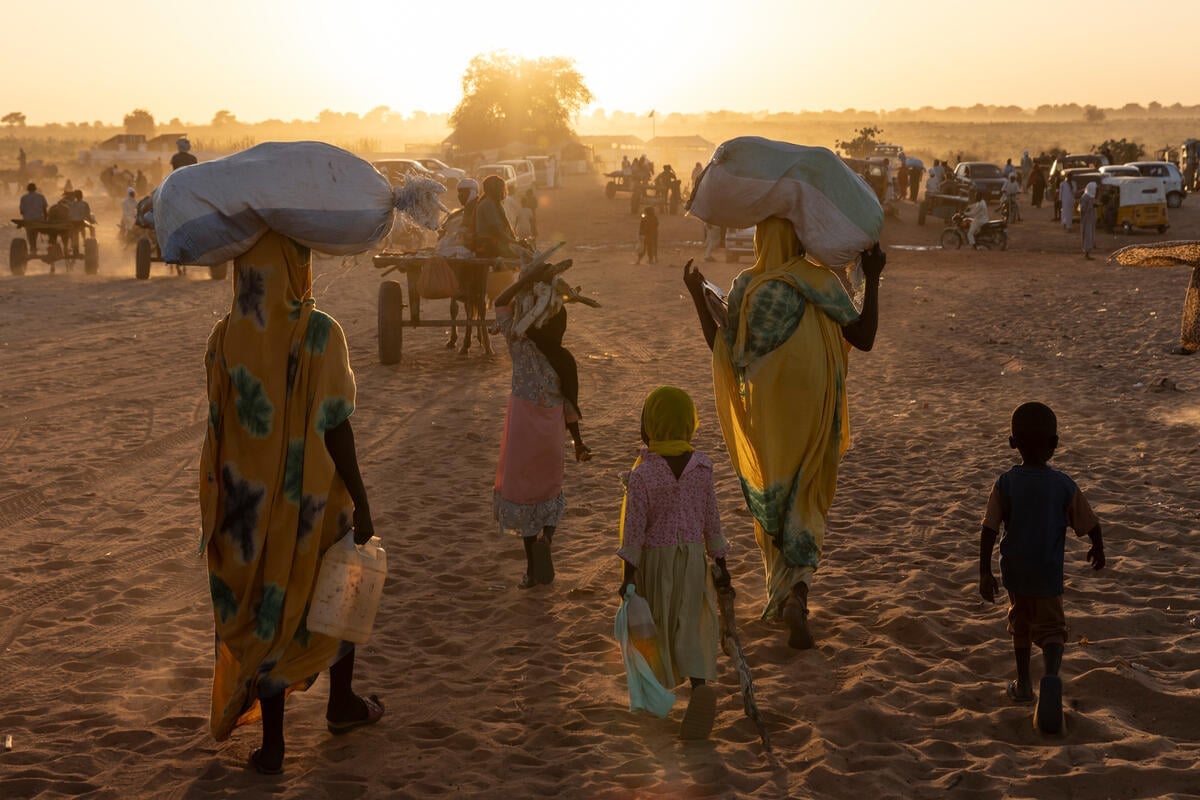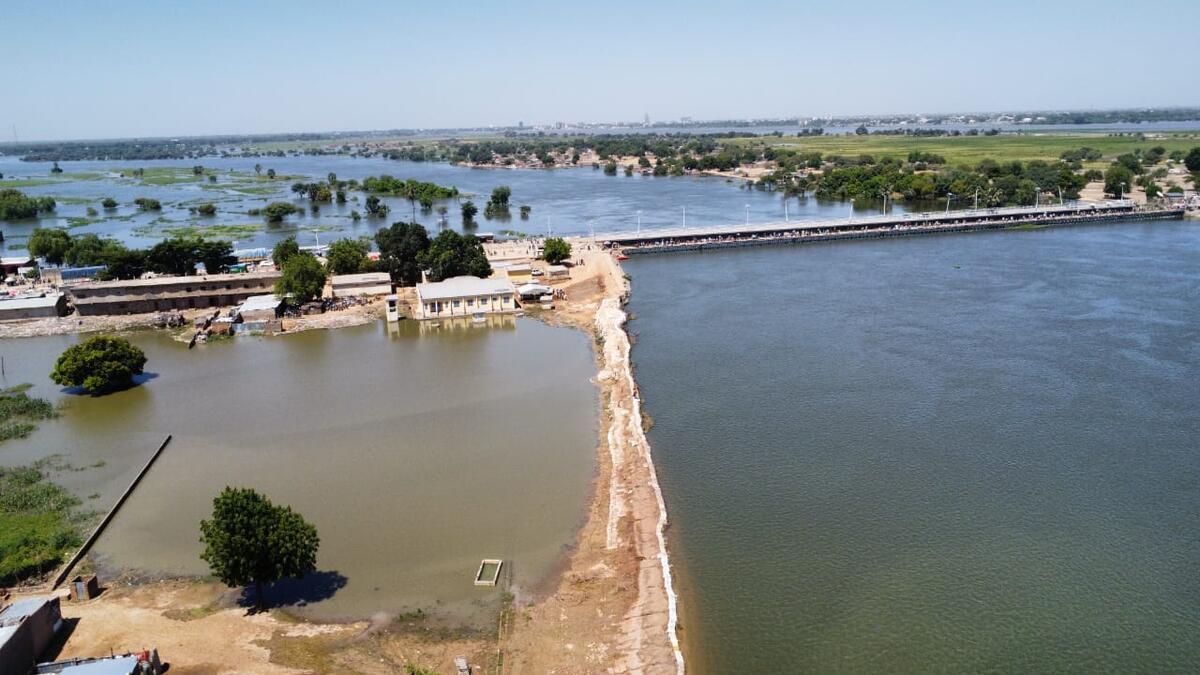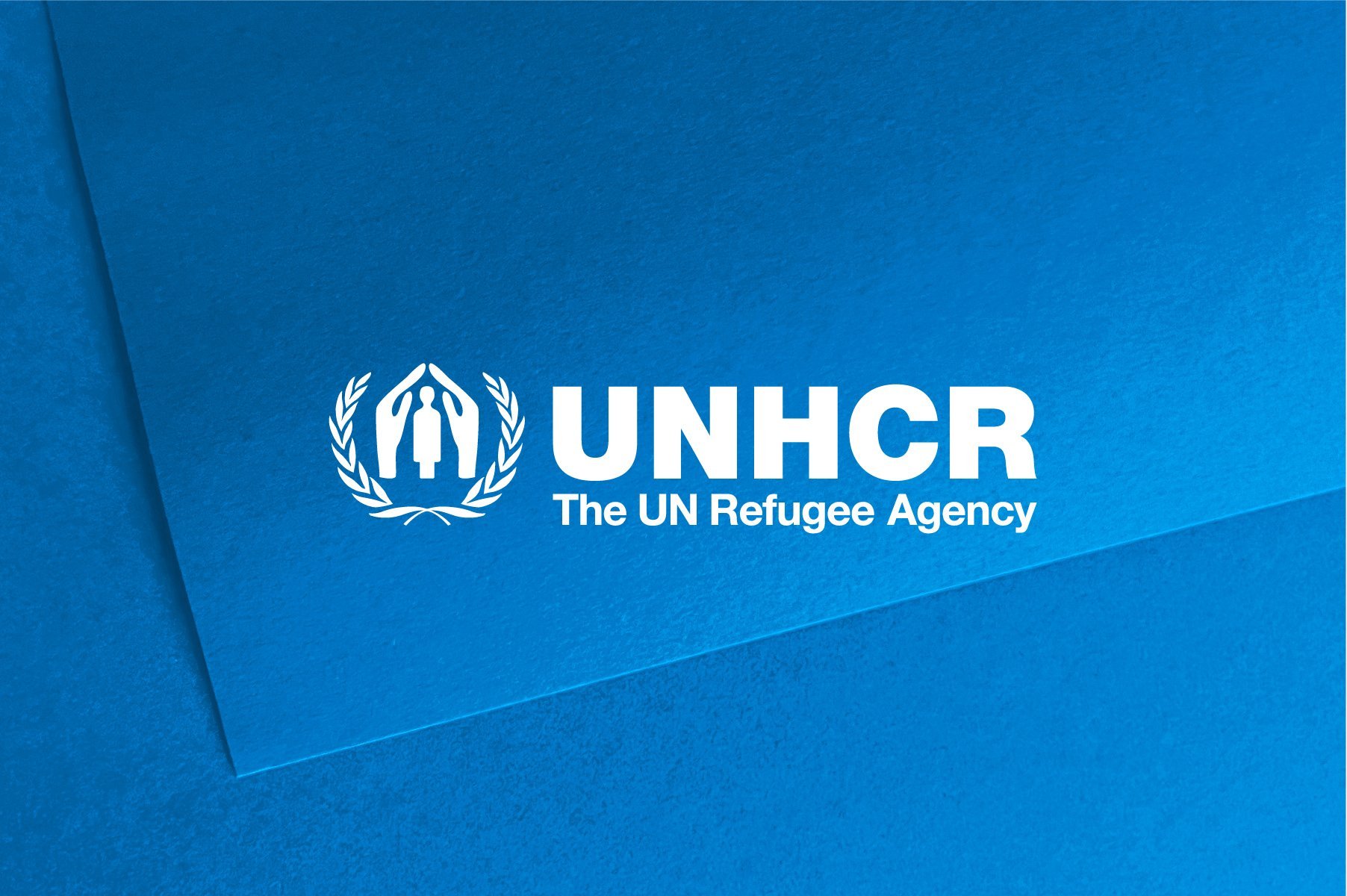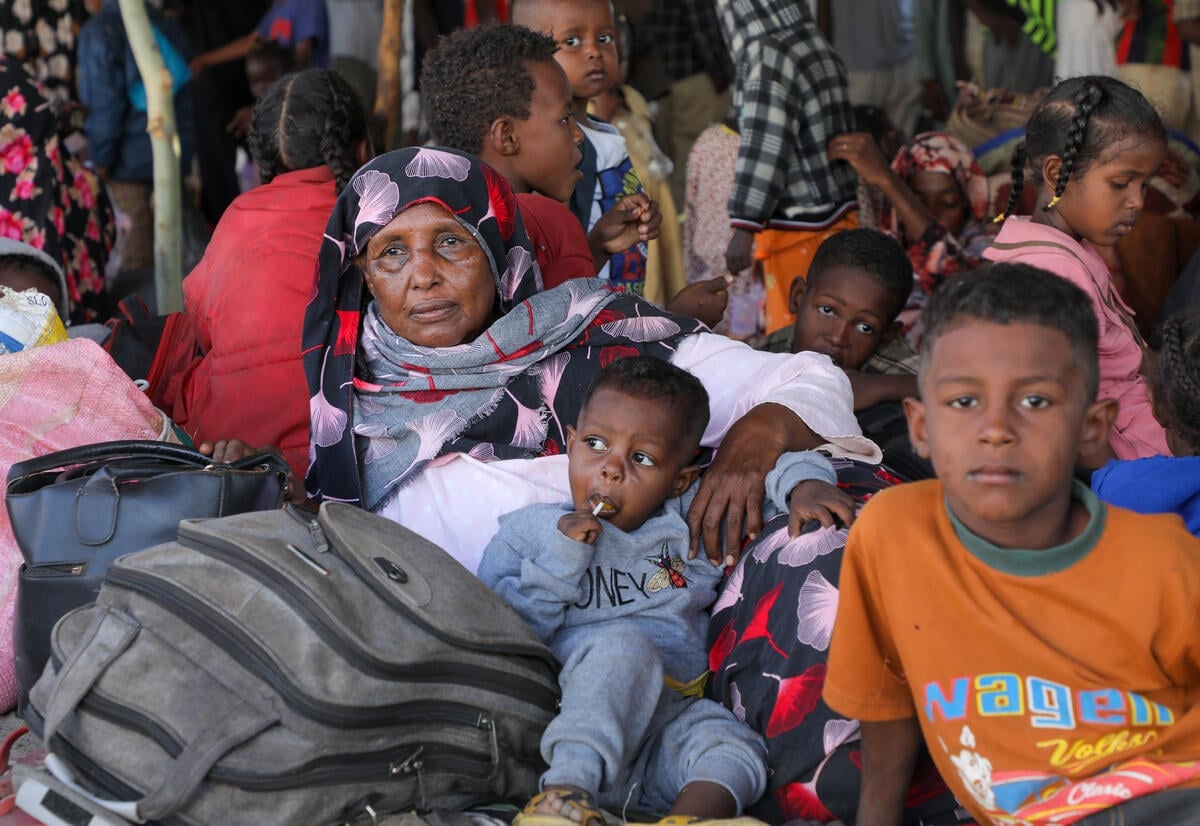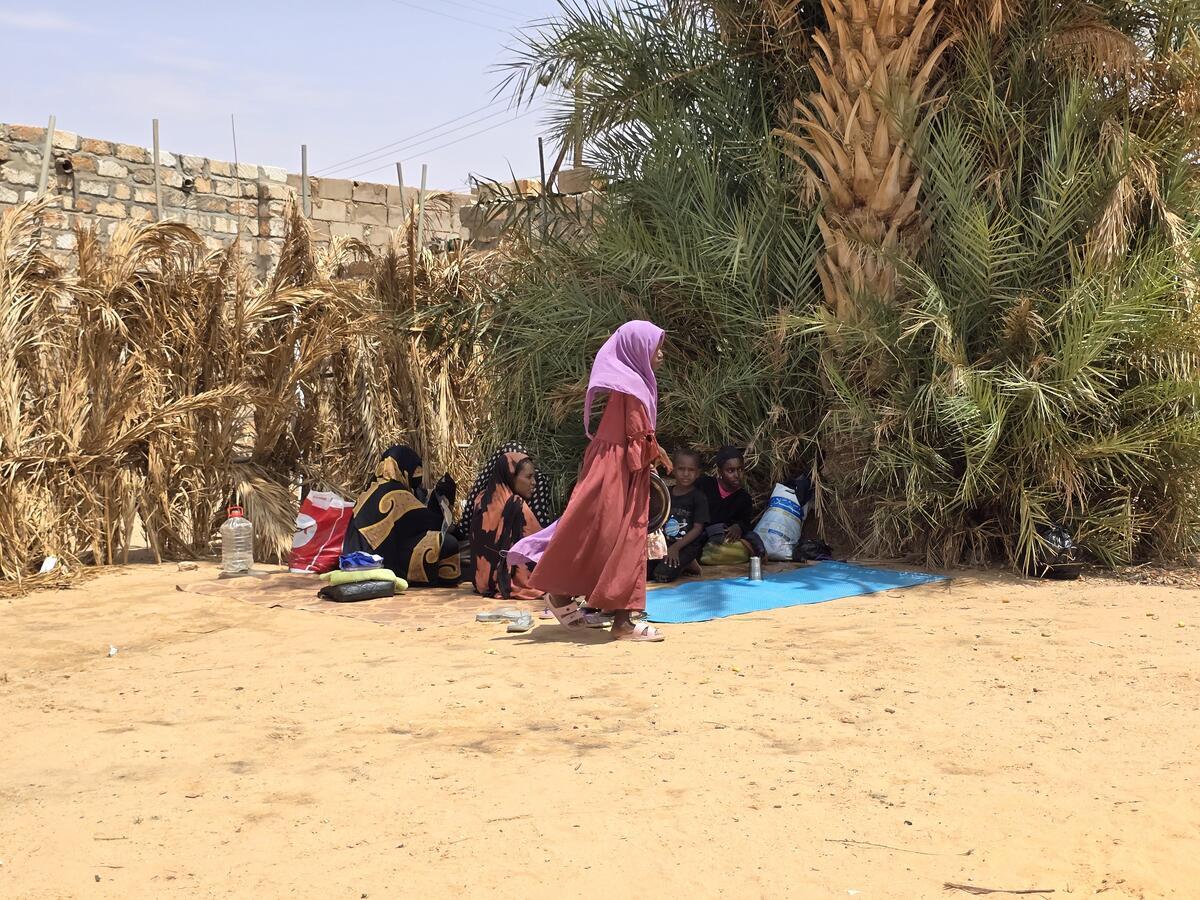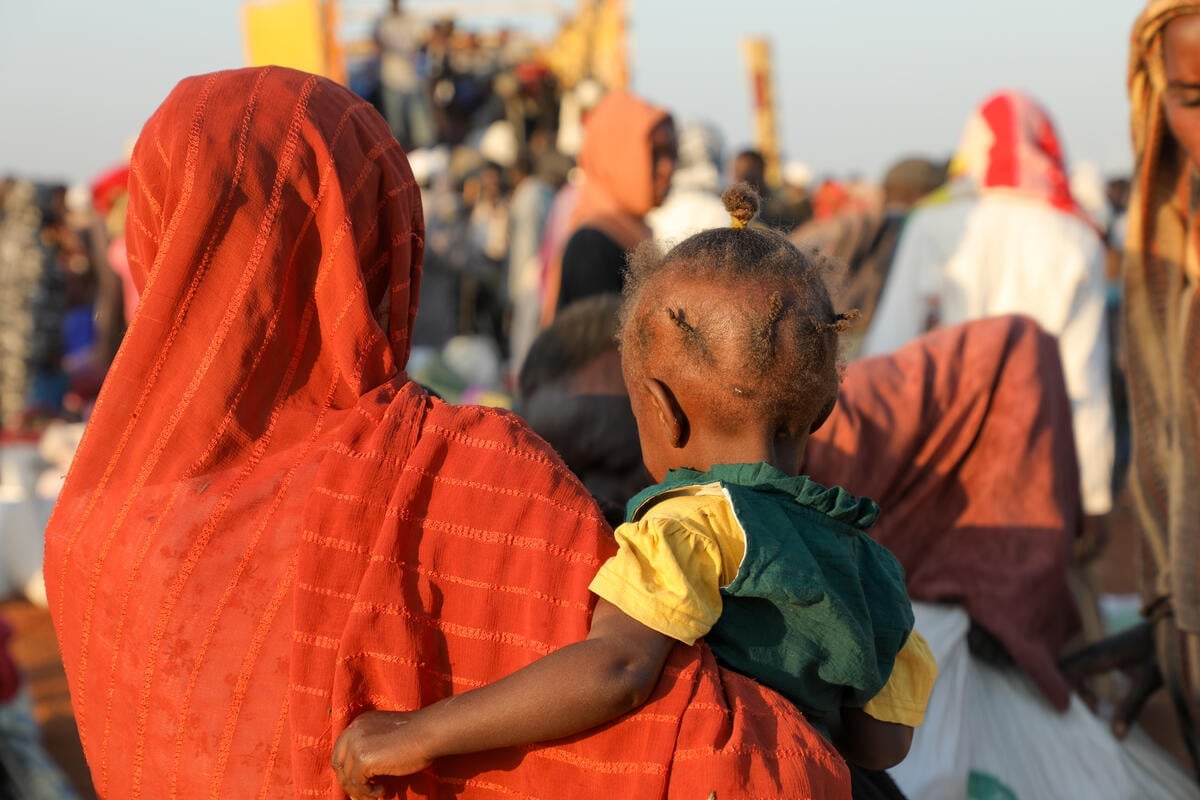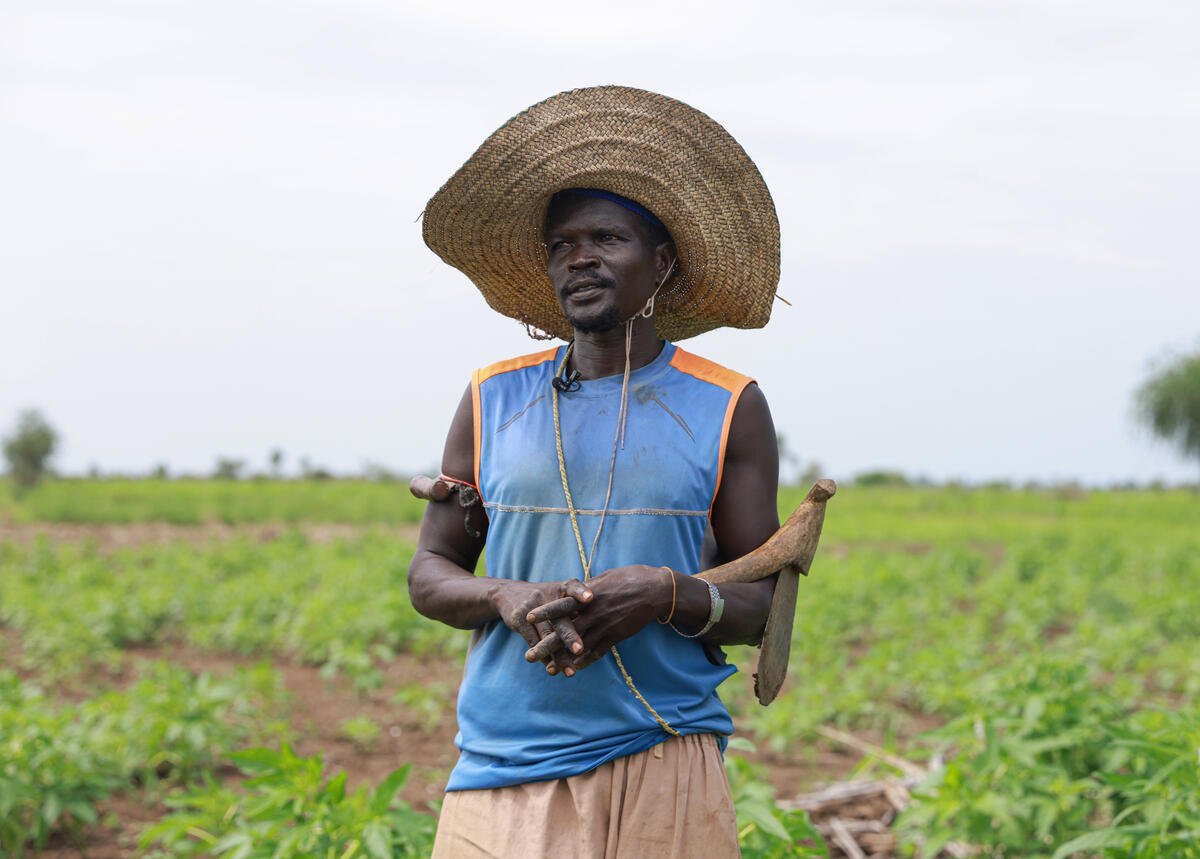Chad/Sudan: Secretary-General Annan to visit today
Chad/Sudan: Secretary-General Annan to visit today
UNHCR's operations to help over 170,000 Sudanese refugees in eastern Chad have reached a fever pace, with convoys constantly relocating refugees from the border, more staff being deployed to the field and tons of additional relief supplies being flown in. So far, more than 118,000 refugees have moved to camps away from the border. Around 1,500 refugees are being transferred to the camps daily.
In the past few weeks, we have beefed up our staff presence in eastern Chad, sending 10 additional international staff to the field - an emergency coordinator, a technical coordinator, four additional protection officers, an expert on sexual and gender-based violence, a child protection specialist, a registration specialist, and a supply officer. Additional experts on water, sanitation, site planning, telecoms and external relations have been identified and are ready to leave for Chad.
The third of 22 emergency flights - the latest phase in an ongoing airlift operation - is scheduled to land today in the capital, N'Djamena, with a cargo of tents from Pakistan. Flights are planned daily to bring in a total of 16,100 tents. In addition, two truckloads of relief items donated by the Libyan association, GIFCA, have been received in the eastern Chad town of Abéché and will be dispatched to the camps shortly. The donation consists of 500 mattresses, 500 sleeping mats, 500 blankets, 500 mosquito nets, 39 plastic sheets, 1,000 kettles, 1,000 pots/pans, 500 cartons of soap, and 1,000 flashlights.
In the southern part of the affected border zone, we brought in the last refugee relocation convoy from around the border town of Ade to Djabal camp on Tuesday. In all, we moved some 7,000 people from that region to camps. Several thousand refugees chose to remain at the border as they are well integrated with the local population. In Djabal camp, the water situation is improving as a Chadian firm, Taipa, started to dig three wells last Tuesday. Water will continue to be trucked from Goz-Beida until the wells are operational.
Further south, heavy rains have now begun in earnest. The rains are filling up the wadis (river beds), severing the road between Goz-Beida and Koukou Angarana. In Goz-Amer camp, 90% of the 2,100 tons of food from the World Food Programme has been pre-positioned, which means that refugees will have access to food for the next five months.
Today, U.N. Secretary-General Kofi Annan is set to visit Iridimi refugee camp in eastern Chad, where he is scheduled to meet with representatives of the refugees. The Secretary-General is accompanied by UNHCR's representative in Chad, as well as by heads of other UN agencies present in the country. In Iridimi, he is also scheduled to visit the health centre run by MSF-Belgique, the food distribution centre managed by CARE, and the water system set up by Norwegian Church Aid. Iridimi camp, which we opened on March 21, now hosts more than 15,000 refugees.
Meanwhile, across the border in Sudan, UNHCR is moving quickly to help improve the lives of the hundreds of thousands of Sudanese in the strife-torn Darfur region who are living in makeshift camps for displaced people. Yesterday, our international staff held a training session for some 40 government officials who have been sent to El Geneina, in the far west of the country, near the border with Chad, to manage camps for the internally displaced. One million people are estimated to have fled their villages in more than a year of ethnic violence in the Darfur region, where militias have reportedly killed, raped and driven away large parts of the local population. We have been asked by the UN country team to share our expertise in protection, camp management and site planning to help alleviate the world's worst humanitarian crisis.
Yesterday's training focused on camp managers' responsibility to protect internally displaced people according to international standards, and especially to guard the rights of women and children. We also instructed them on how UNHCR works and the role of our partners in supplying aid and services to displaced people in camps. The new Sudanese government appointees - mostly lawyers and teachers - are expected to take up managerial positions in eight camps in the El Geneina region as early as today. An exact count of the number of displaced people in the camps has not been done, but the number is estimated in the hundreds of thousands. Most of the camps sprang up spontaneously as Darfur residents fled their torched villages, and are far from water sources in a scorching desert landscape. Our site planning expert has been very busy examining the existing sites in order to make proposals for organizing them so that we and our partners can better help the internally displaced people now living there.
On a different matter, on Sunday, international members of our team in Darfur plan to meet with some 3,500 Chadian refugees who fled to Sudan in the early 1980s. They say they also have been victims of the recent violence in Darfur and now want to go home to Chad with UNHCR's help.


